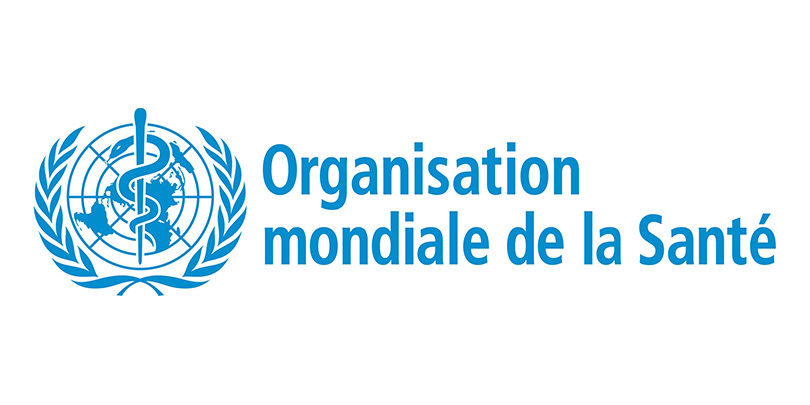WHO : World Health Organization
WHO is the Authority Director and Coordinator, in the field of health, the work of an international character within the United Nations system.
It is responsible for directing the global health action, shaping the health research programs, set standards and criteria, to present policy options based on evidence, provide technical support to countries and monitoring and assessing public health trends.
In the 21st century, health is a shared responsibility, involving equitable access to essential care and collective defense against transnational threats.
Missions and role of who
WHO is achieving its objectives by performing essential duties:
. play the role of leader in essential areas for health and engaging in partnerships where joint action is needed;
. set priorities for research and encourage them to acquire, apply and disseminate useful knowledge;
. set standards and criteria and to encourage and monitor the implementation;
. compliant policies on ethics and based on evidence;
. provide technical support, to be the agent of change and building sustainable institutional capacity;
. monitoring the health situation and assessing health trends.
These core functions are defined in the Eleventh General Program of Work, which is part of the work program, budget, resources and results across the Organization. Entitled "engaging for health., it covers the period 2006 – 2015.
The who website : www.who.int


[…] the who (World Health Organization), one out of two adults is overweight and one in six is obese in the world. More than 20 million of […]
[…] more and more momentum with our food too oily and too sweet. And after the who (World Health Organization), one out of two adults is overweight and one in six is obese in the world. More than 20 million of […]
[…] more and more momentum with our food too oily and too sweet. And after the who (World Health Organization), one out of two adults is overweight and one in six is obese in the world. More than 20 million of […]